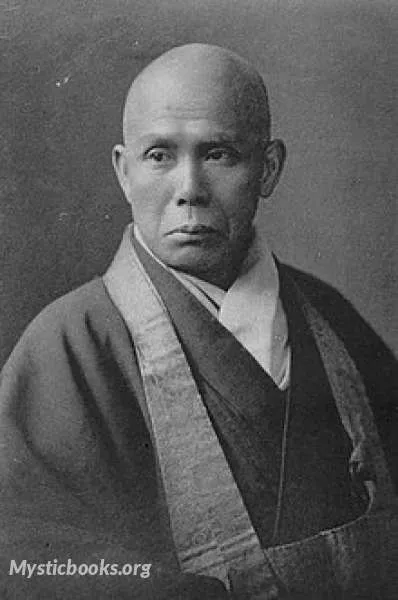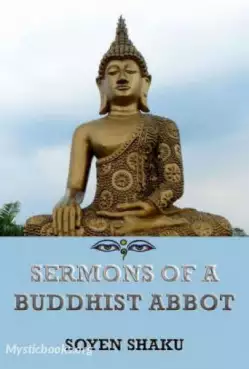
Timeline
Title
Country/Nationality
Soyen Shaku
Soyen Shaku (1860-1919) was a Japanese Zen Buddhist monk who played a significant role in introducing Zen Buddhism to the West. He was born in Japan in 1860 and became a monk at a young age. Shaku studied Zen Buddhism under a number of prominent teachers, including Kosen, the abbot of Engakuji Temple, and Nanpo Jomyo, the abbot of Sojiji Temple.
In 1893, Shaku traveled to the United States to participate in the World Parliament of Religions in Chicago, where he was the first Zen teacher to speak at the event. His presentation, which focused on the practical application of Zen principles in everyday life, was well received and helped to introduce Zen Buddhism to a wider audience in the West.
After his return to Japan, Shaku continued to teach and write about Zen Buddhism, and he also served as a mentor to many young Zen students. He was known for his emphasis on the practical application of Zen principles in everyday life, and he was a strong advocate for the integration of Zen teachings into modern society. Shaku wrote several books on Zen Buddhism, including "Zen for Americans" and "The Training of the Zen Buddhist Monk," and he played a key role in establishing Zen centers in the United States and Europe.
Shaku's influence on the spread of Zen Buddhism in the West was significant, and he is remembered as an important figure in the history of Buddhism. He was also recognized as an important cultural ambassador, and he was awarded the Order of the Rising Sun, a prestigious honor in Japan, for his efforts to promote understanding between Japan and the West. Shaku died in 1919, but his teachings and writings continue to be widely studied and respected.
In 1893 Shaku was one of four priests and two laymen, representing Rinzai Zen, Jōdo Shinshū, Nichiren, Tendai, and Esoteric schools, composing the Japanese delegation that participated in the World Parliament of Religions in Chicago organized by John Henry Barrows and Paul Carus. He had prepared a speech in Japan, and had it translated into English by his (then young and unknown) student D. T. Suzuki. It was read to the conference by Barrows. The subject was "The Law of Cause and Effect, as Taught by Buddha". Subsequently, Shaku delivered "Arbitration Instead of War".
At this conference he met Dr. Paul Carus, a publisher from Open Court Publishing Company in La Salle, Illinois. Before Shaku returned to Japan, Carus asked him to send an English-speaker knowledgeable about Zen Buddhism to the United States. Shaku, upon returning to Japan asked his student and Tokyo University scholar D. T. Suzuki to go to the United States, where he would eventually become the leading academic on Zen Buddhism in the West, and translator for Carus's publishing company.
Soyen served as a chaplain to the Japanese army during the Russo-Japanese War. In 1904, the Russian author Leo Tolstoy wrote Shaku to join him in denouncing the war. Shaku refused, concluding that "...sometimes killing and war becomes necessary to defend the values and harmony of any innocent country, race or individual." (quoted in Victoria, 1997) After the war, Shaku attributed Japan's victory to its samurai culture.
In 1905, Soyen Shaku returned to America as a guest of Mr. and Mrs. Alexander Russell. He spent nine months at their house outside San Francisco, teaching the entire household Zen. Mrs. Russell was the first American to study koans. Shortly after arriving, he was joined by his student Nyogen Senzaki. During this time he also gave lectures, some to Japanese immigrants and some translated by D. T. Suzuki for English speaking audiences, around California. Following a March 1906 train trip across the United States, giving talks on Mahayana translated by Suzuki, Soyen returned to Japan via Europe, India and Ceylon.
Books by Soyen Shaku

Sermons of a Buddhist Abbot
Look! it's the science of sitting, No! it's the science of meditating, No! it's Zen. If you wanted to know anything regarding Zen Buddhism and you did not have the opportunity then here is your chance to listen to the wisdom of a Zen Buddhist Abbot w...